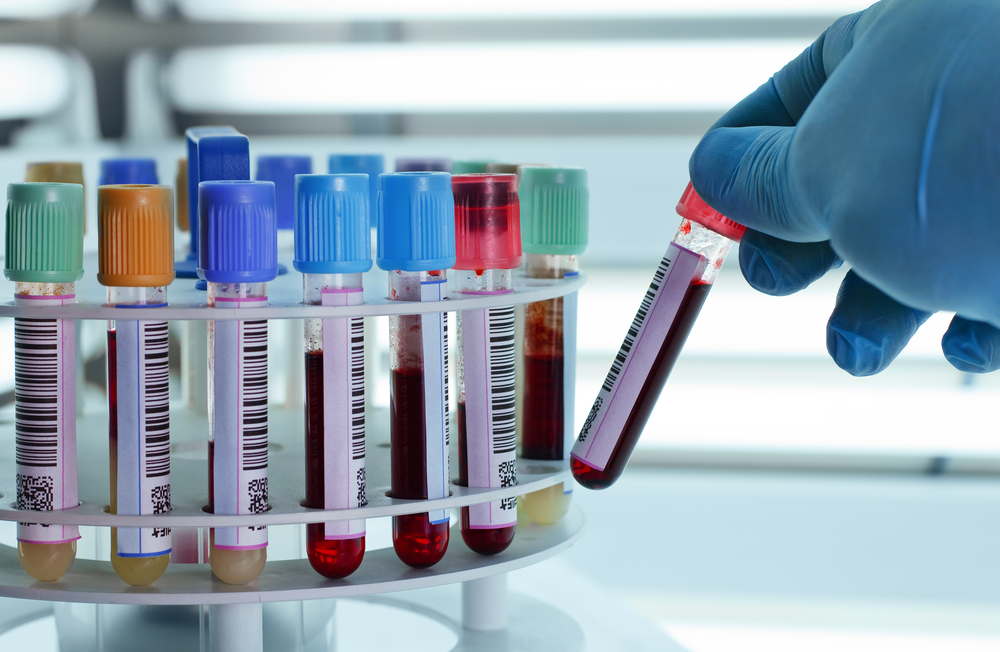Rockland Immunochemicals, Inc., announced the research availability of a new and diverse collection of more than 100 highly characterized human melanoma cell lines, made possible through a partnership between the company and the Wistar Institute in Philadelphia.
The cell lines were developed and characterized over several decades in the lab of Meenhard Herlyn, a Caspar Wistar professor in Melanoma Research, director of the Melanoma Research Center, and professor in the Molecular and Cellular Oncogenesis Program at the Wistar Institute. Rockland will be responsible for growing and distributing the cell lines.
Certain tumor model systems have been of low scientific value because their gene and protein expression, genetic drivers, as and in vitro/in vivo data were not sufficiently characterized. These established cell lines, in contrast, were derived patient tumors and represent the disease’s natural heterogeneity, Rockland said in a press release.
The importance of this cell line collection is the degree to which it reflects the complex environment of melanoma, allowing scientists to analyze and establish the stages of cancer progression and metastasis in their research work. “We need models because we cannot do everything in patients,” Dr. Herlyn said. “We need to make sure that our models reflect what’s going on in patients. That’s why we have the cell lines, they are our work horses and without them, we could not do what we do.”
In an accompanying video, Dr. Herlyn and Carl Ascoli, PhD, the company’s chief science officer, also discuss the techniques used to recreate cells from patient skin samples, to culture them, and to validate their integrity.
“We are really excited to be able to bring such impactful products to the market,” said Richard Smith, chief operating officer at Rockland. “We take very seriously our responsibility to ensure the quality and integrity of all of our products. These human melanoma cell lines not only enhance cancer research by bridging the gap between patient and laboratory samples, but set the bar extremely high for more collaborations to come.”


